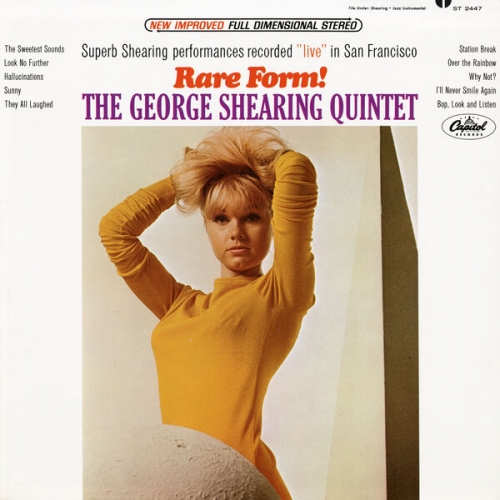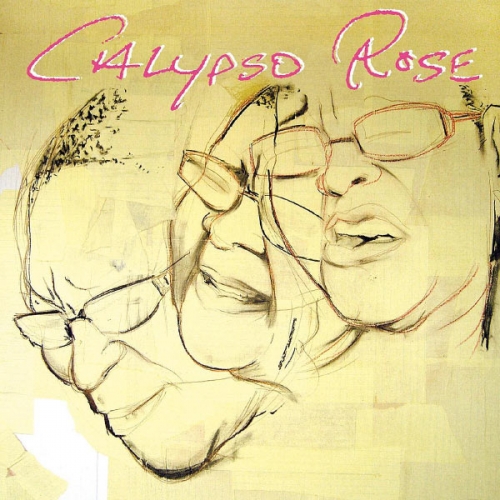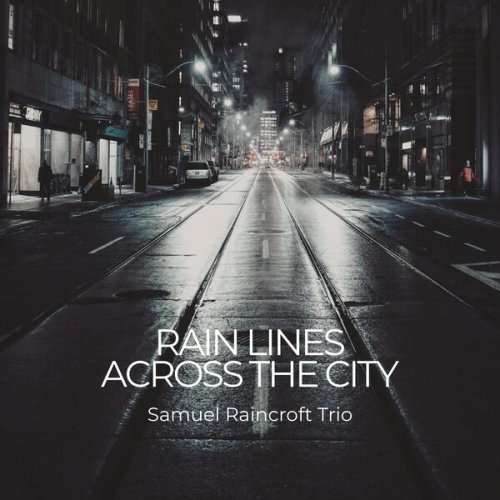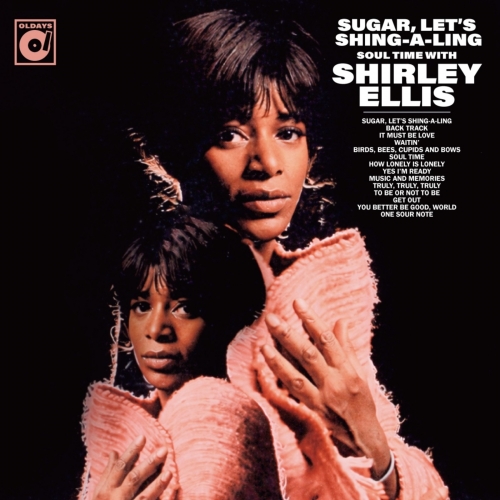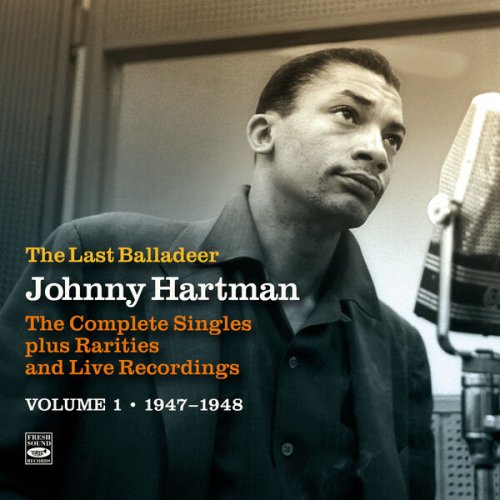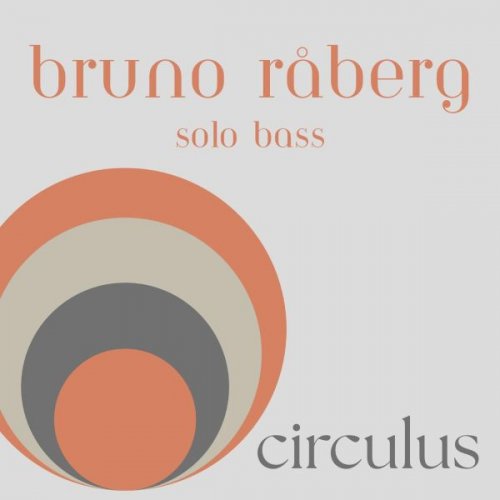Oavel Chesnokov, PaTRAM Institute Male Choir & Vladimir Gorbik - Teach Me Thy Statutes (2018) [DSD64]
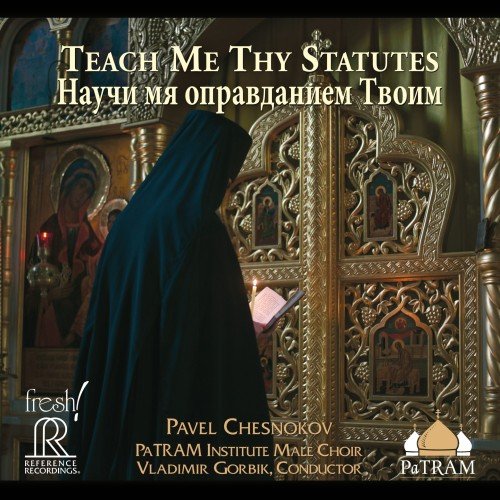
Artist: Oavel Chesnokov, PaTRAM Institute Male Choir, Vladimir Gorbik
Title: Teach Me Thy Statutes
Year Of Release: 2018
Label: Reference Recordings
Genre: Classical
Quality: DSD64 2.0 (*.dsf) (tracks) 2,8 MHz/1 Bit
Total Time: 01:07:06
Total Size: 2.68 GB
WebSite: Album Preview
Tracklist:Title: Teach Me Thy Statutes
Year Of Release: 2018
Label: Reference Recordings
Genre: Classical
Quality: DSD64 2.0 (*.dsf) (tracks) 2,8 MHz/1 Bit
Total Time: 01:07:06
Total Size: 2.68 GB
WebSite: Album Preview
1. Bless the Lord, O My Soul 03:07
2. Blessed Is the Man 05:02
3. Gladsome Light 02:46
4. Lord, Now Lettest Thou 03:26
5. Praise the Name of the Lord 03:01
6. Blessed Art Thou, O Lord 07:50
7. Having Beheld the Resurrection of Christ 02:56
8. Jesus Has Risen from the Tomb 00:57
9. The Great Doxology 09:09
10. Bless the Lord, O My Soul 03:17
11. Glory... Only Begotten Son 02:31
12. Cherubic Hymn 08:21
13. A Mercy of Peace and We Hymn Thee 07:13
14. It Is Truly Fitting 03:23
15. Salvation Is Created 04:07
Russian sacred music constitutes an entirely unique aspect of Russian and world musical culture. The hymns sung at the worship services of the Russian Orthodox Church are lled with profound meaning and supply an inexhaustible source of nourishment for the soul. Among the composers whose musical legacy has become an integral part of the Church’s liturgical life is Pavel Grigor’yevich Chesnokov; his works have always been in demand and well loved by churchgoers.
As a composer, he belongs to the so-called “new direction” of Moscow composers, a school of church composition that arose in the late nineteenth-early twentieth centuries within the walls of the Moscow Synodal School of Church Singing. Other composers of this “Moscow School” include Alexander Kastalsky, Alexander Grechaninov, Alexander Chesnokov, Alexander Nikolsky, Victor Kalinnikov, and Nicholas Golovanov. Among its foundational principles were, a focused attention upon historical and traditional chants, together with a search for creative approaches to arranging them polyphonically, and the reexamination of the ways in which the accumulated experience of secular folk and art music could be applied to liturgical singing.
As a composer, he belongs to the so-called “new direction” of Moscow composers, a school of church composition that arose in the late nineteenth-early twentieth centuries within the walls of the Moscow Synodal School of Church Singing. Other composers of this “Moscow School” include Alexander Kastalsky, Alexander Grechaninov, Alexander Chesnokov, Alexander Nikolsky, Victor Kalinnikov, and Nicholas Golovanov. Among its foundational principles were, a focused attention upon historical and traditional chants, together with a search for creative approaches to arranging them polyphonically, and the reexamination of the ways in which the accumulated experience of secular folk and art music could be applied to liturgical singing.
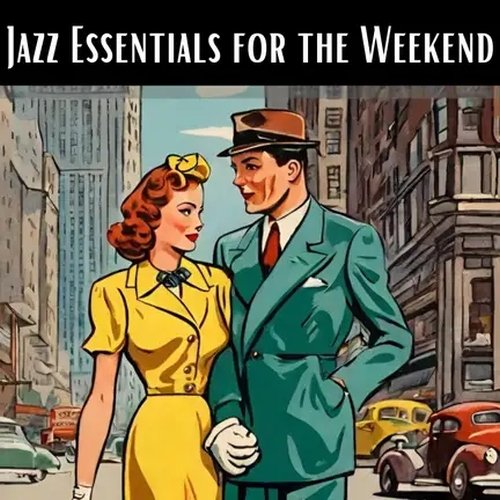
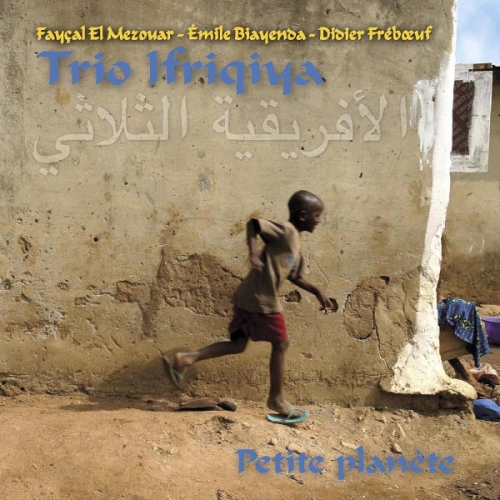
![Mammal Hands - Becoming (2018) [Hi-Res] Mammal Hands - Becoming (2018) [Hi-Res]](https://www.dibpic.com/uploads/posts/2023-01/1673772235_cover.jpg)
